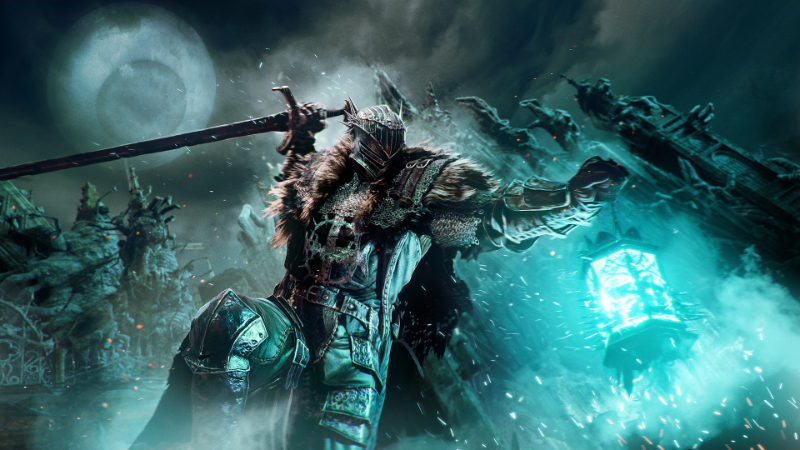You got a glimpse of that in ER already when some bosses could cancel combos midstring and respond with a different move with you having no ability to tell. In Sekiro, for example, they also can but it's more sensible because you can react.
Needless to say, it wasn't too well received for obvious reasons, some of which I already pointed out.
Adaptable AI in the way you describe makes sense only when you can react to the AI performing those branching moves, and that makes it nothing else than additional patterns to read. If you can't react to them - there you have your false difficulty. Enemy doing things that you can't do anything about except guess and hope for the best.
Just like bosses reading your inputs in ER to punish you for healing which is a way better example of false difficulty than not being able to cancel your attacks because you still have control of when you attack and the mistake's on you. Unfortunately, every game imposes rules by which you play to keep things simpler and it's not going to change anytime soon.
EDIT: And no, that wouldn't be "real" difficulty. It would be pure guesswork and a great example of false difficulty.
The only way you can have consistent difficulty in such games is relying on reactable patterns to test one's reflexes, pattern reading and decision making under stress. If your enemies can switch those patterns on the fly in unpredictable and unreactable ways, you're just guessing and either being lucky or dying for it. This maybe makes it more realistic but is also completely nonsensical for these games.






